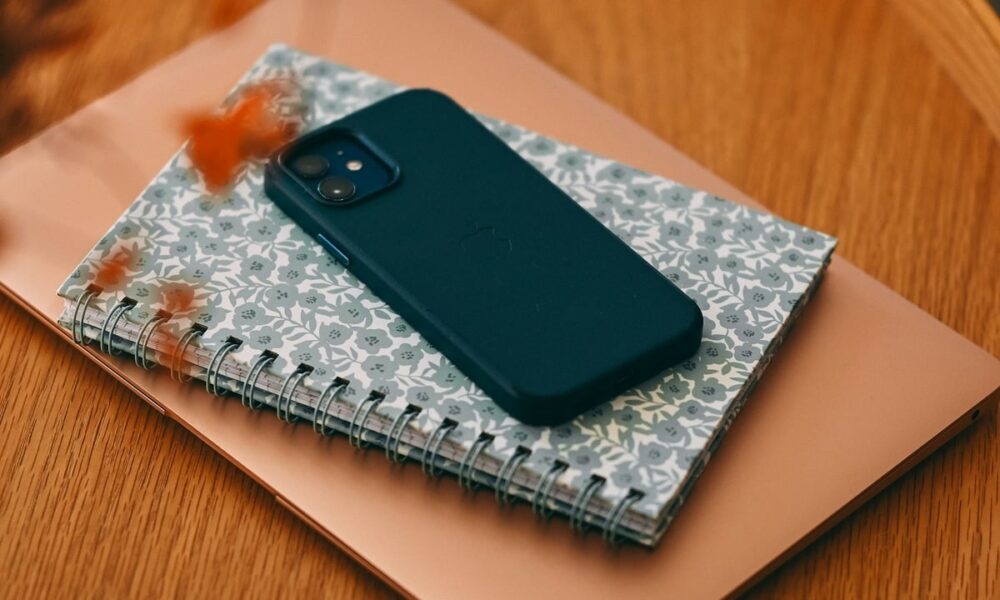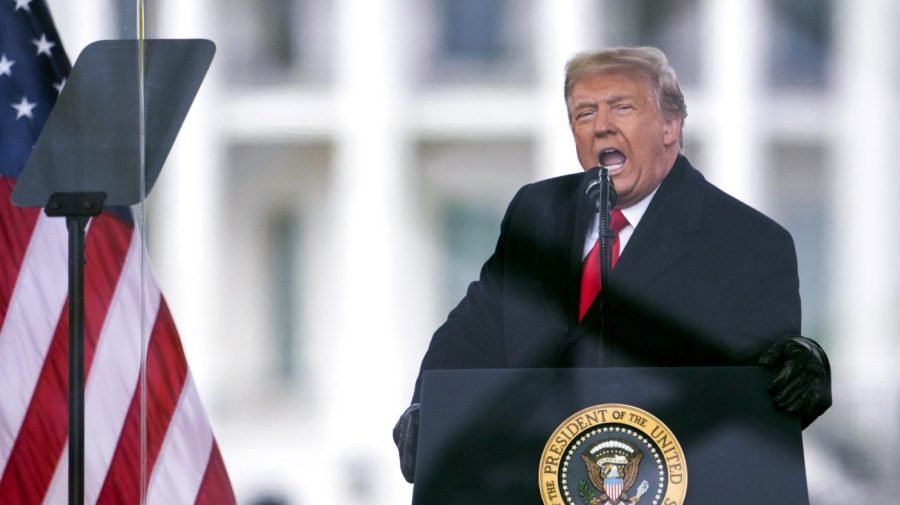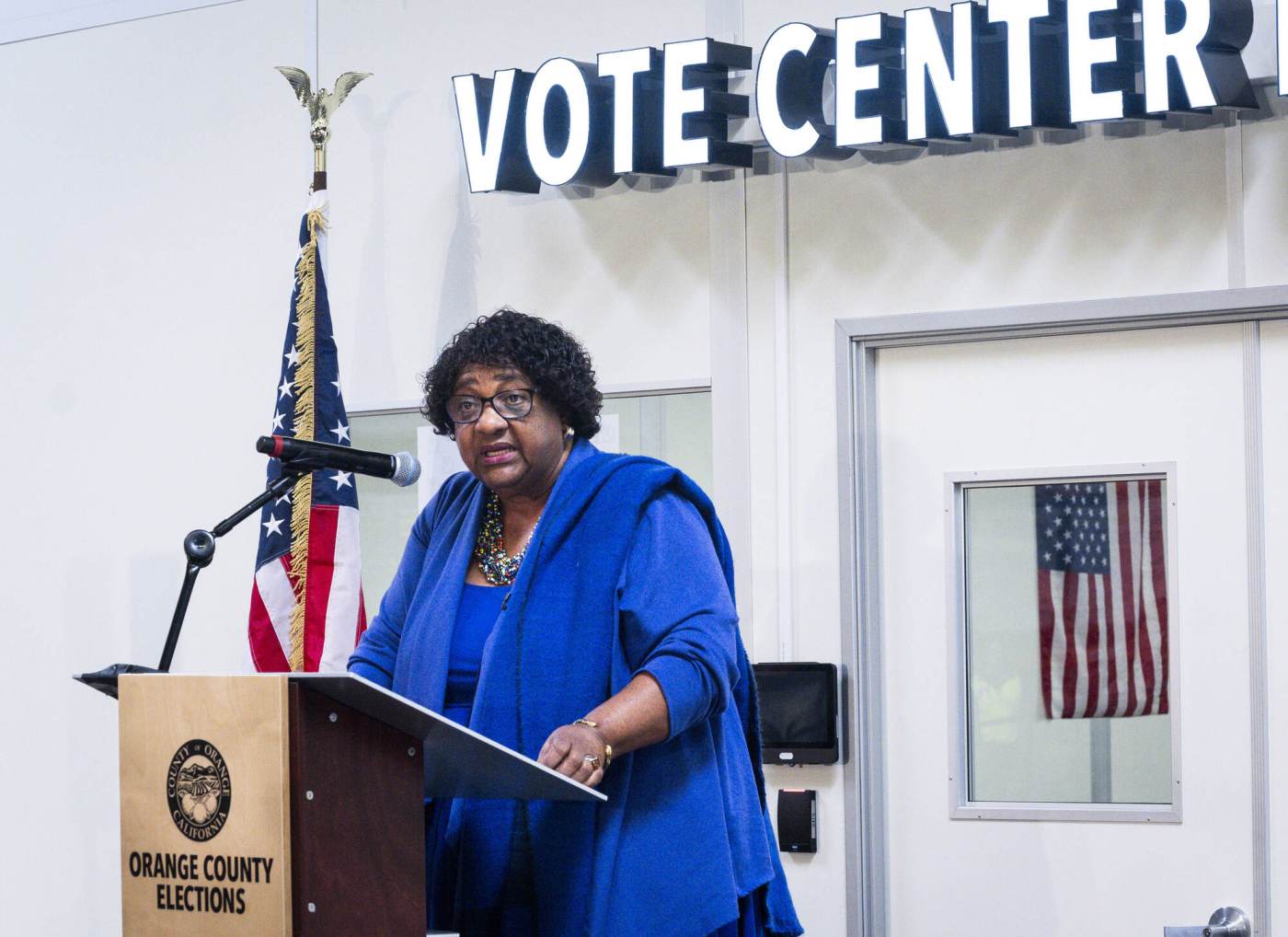Chicago Public Schools (CPS) is exploring a significant move to enhance its technology tracking capabilities by potentially entering a four-year contract worth $60 million with technology firm CDW. This decision arises in the wake of a surge in lost devices following a substantial technology investment during the COVID-19 pandemic. The proposed system aims to implement RFID technology, designed to significantly reduce the annual loss of devices, which has improved from 11% to 7% according to a recent report from the inspector general.
As CPS focuses on accountability within its schools, a broader national conversation about cell phone use in classrooms is underway. Currently, 26 states have enacted or are considering state-level bans or restrictions on cell phone usage in schools. A study reported by Chalkbeat indicates that these bans could lead to notable improvements in test scores. Nevertheless, the impact of such policies is complex, with an increase in suspensions noted during the first year of the ban, particularly among Black boys.
The prospective contract with CDW aims to utilize RFID tags for the effective tracking of CPS’s extensive inventory of over 636,000 technological devices. This strategic shift seeks to address previous inefficiencies in asset management and also aims to foster a greater sense of ownership among school staff and technology coordinators. By doing so, CPS hopes to recover devices that have strayed from school premises.
The implications of cell phone bans extend beyond mere distraction management. While improvements in test scores are significant, the Florida study highlights that enhanced attendance has also played a crucial role in elevating student performance after the bans were implemented. This research indicates modest upticks in test scores, particularly for middle and high school boys. However, the broader effects on school climate and students’ overall life outcomes remain to be fully understood.
As educational environments increasingly integrate technology, the experiences from Chicago and the findings related to cell phone restrictions underscore the necessity for well-considered policies. Effective implementation will be vital to harness the potential benefits of technology in enriching students’ educational journeys while mitigating associated challenges.







